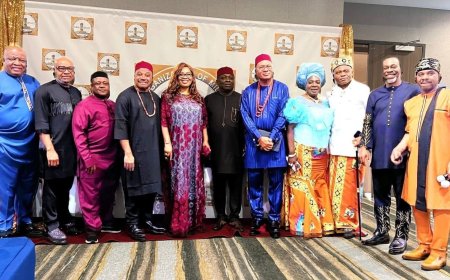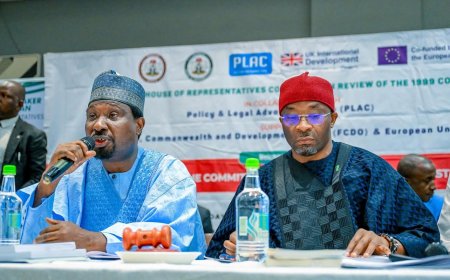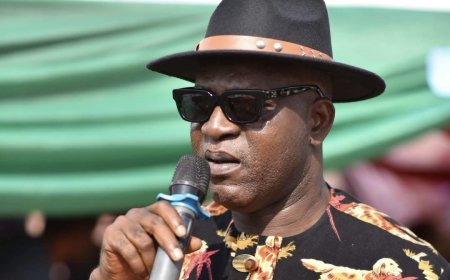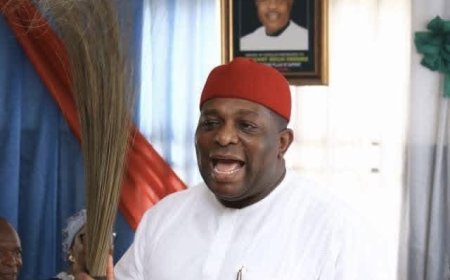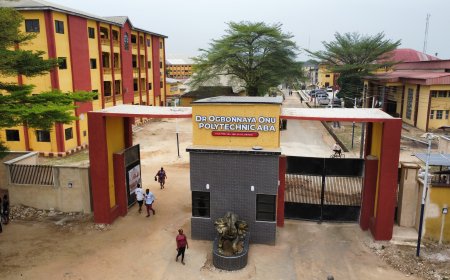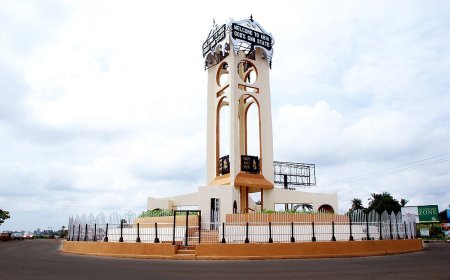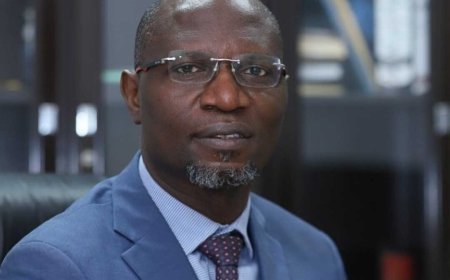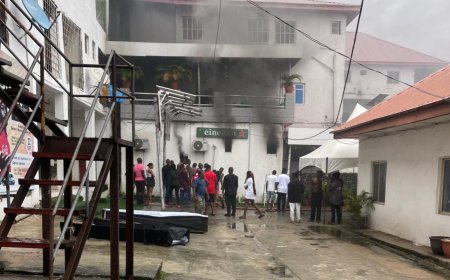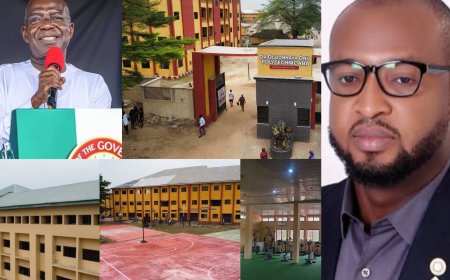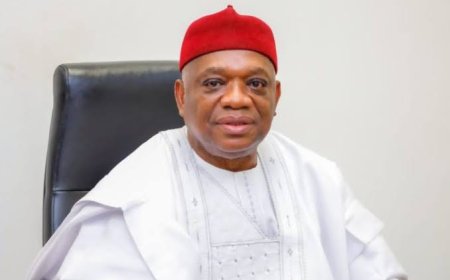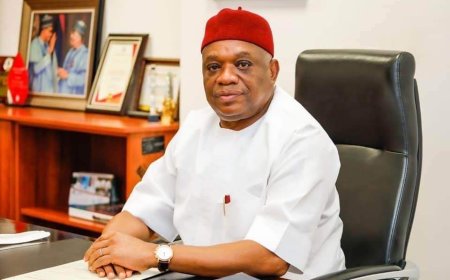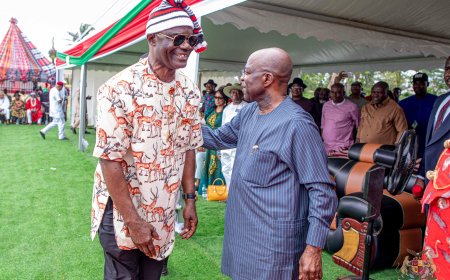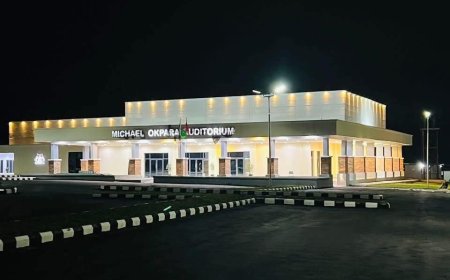Abia Govt kicks as judicial workers protest in front of sealed court complex

The Abia State Government has expressed its displeasure over the recent protests staged by members of the Judiciary Staff Union of Nigeria (JUSUN) at the Umuahia High Court complex along Ikot-Ekpene Road, Umuahia.
On Wednesday, JUSUN members gathered outside the court premises, singing, praying, and dancing in a bid to draw attention to their grievances. The workers alleged that the state government owed them unpaid salaries and other claims, sparking fresh protests despite ongoing negotiations.
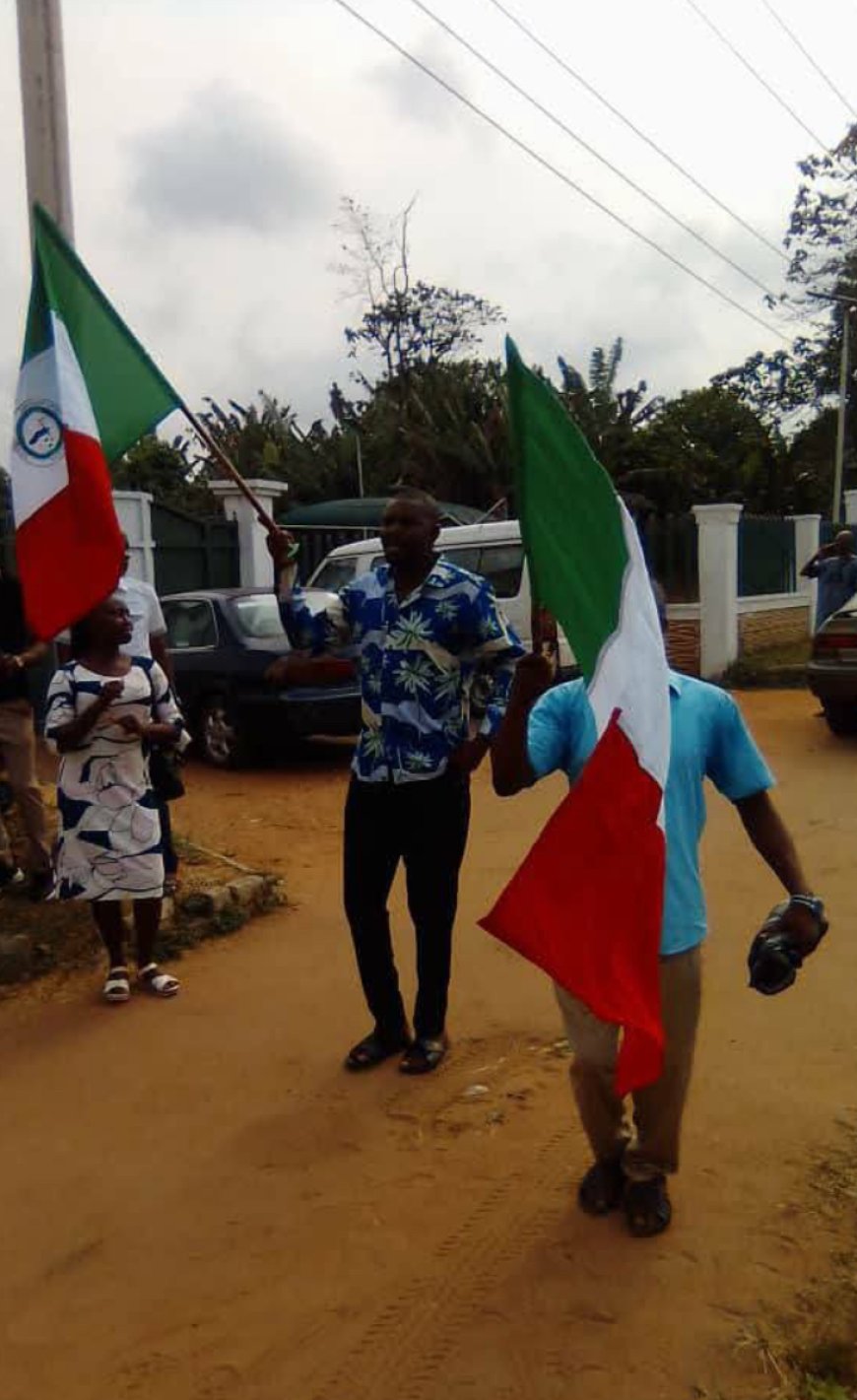
The Abia State Commissioner for Information, Okey Kanu, in a statement, condemned the protest, accusing JUSUN leadership of politicizing the issue of workers’ salaries. Kanu revealed that discussions were underway between the state government and JUSUN officials. A meeting had been held on Tuesday, with another scheduled for Wednesday, which he claimed had made significant progress in addressing the workers’ demands.
Kanu expressed surprise at the timing of the protests, questioning the sincerity of JUSUN’s leadership. “It does appear that there is a disconnect between the leadership of judiciary workers and their members. Their leaders couldn’t have come to negotiate with the government only last night and today engage in a protest. There is a problem somewhere,” he stated.
The Commissioner also pointed out that Governor Alex Otti’s administration had made efforts to settle judiciary workers’ claims. According to him, the government had disbursed over N300 million since December 2024 to address salary arrears and other financial obligations.
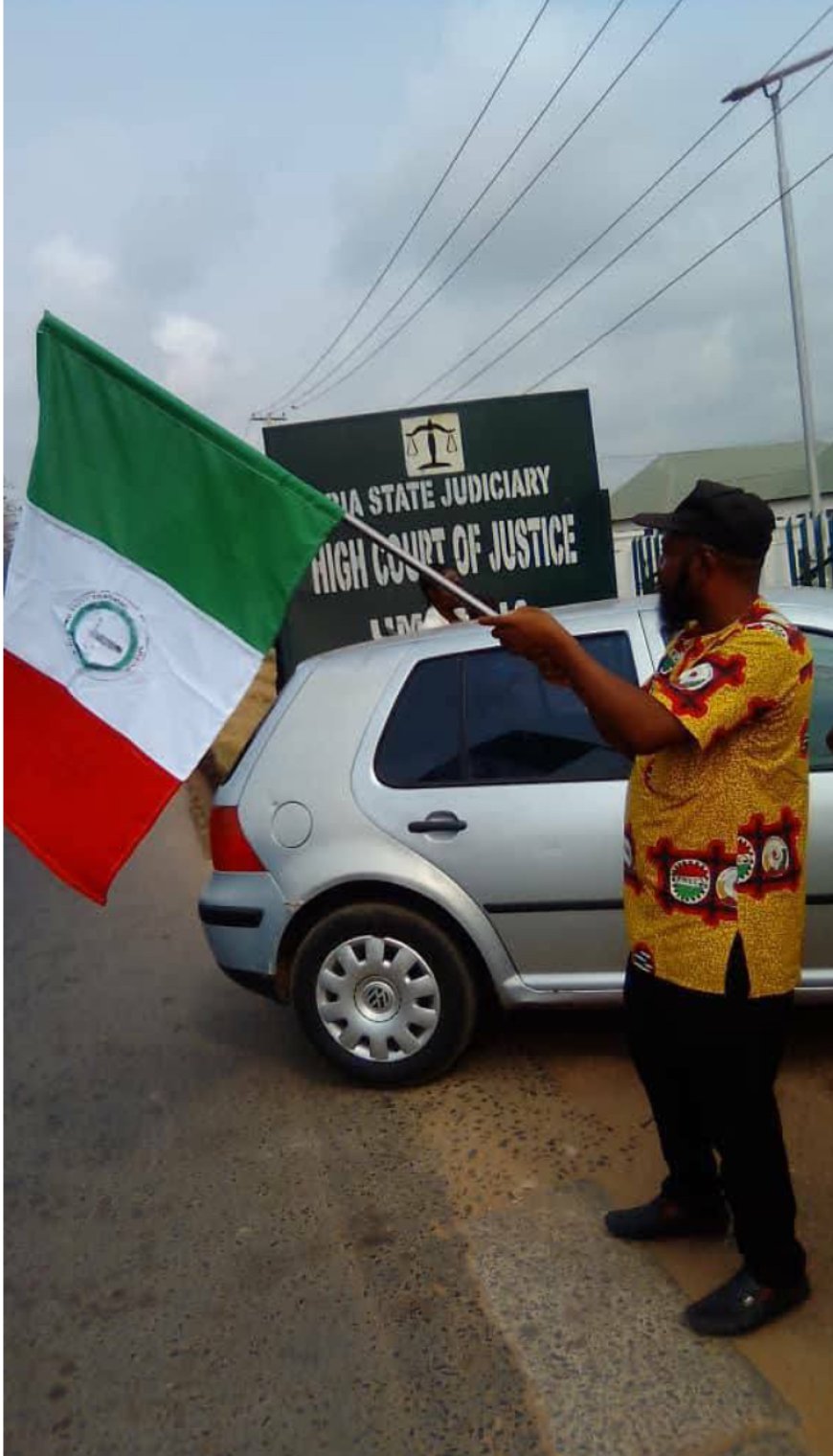
However, the leadership of JUSUN disputed the Commissioner’s claims, stating that the state government still owes them over N900 million. They accused the government of downplaying the severity of the situation and urged Governor Otti to prioritize the welfare of judiciary workers.
This development underscores ongoing tensions between the Abia State Government and judiciary workers, with both sides offering conflicting narratives about the status of negotiations and financial settlements.
